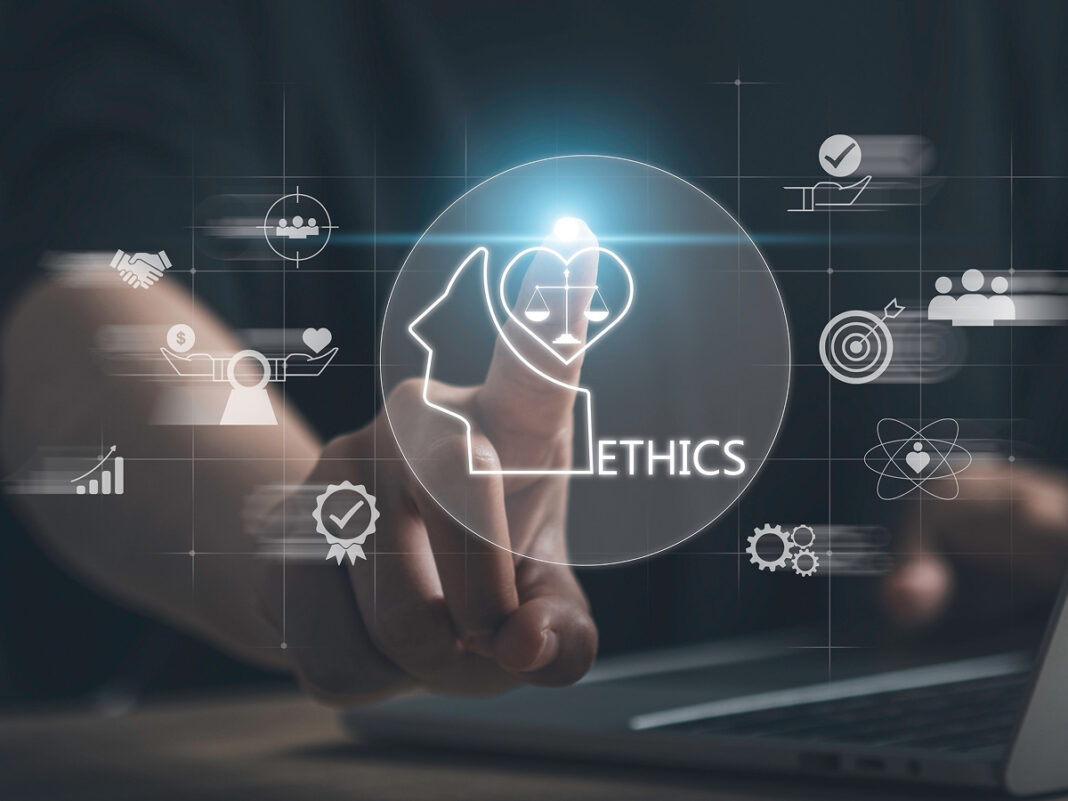With rapid technological advancement, shifting cultural norms, and unprecedented global challenges, the concept of work is undergoing a profound transformation. As we navigate the complexities of the 21st century, values and ethics have emerged as critical components shaping the future of work.
The Evolution of Organizational Ethics
The journey of organizational ethics over the past century reflects a significant shift from a compliance-based approach to a values-driven strategy focused on long-term success and societal impact. Initially, businesses operated under religious and philosophical doctrines, but the Industrial Revolution saw profit-making overshadow ethical concerns, leading to exploitative labor practices and environmental harm. In response, the 20th century introduced regulatory frameworks aimed at addressing unethical practices in areas like workers’ rights and corporate governance.
Post World War II, the concept of Corporate Social Responsibility (CSR) emerged, encouraging companies to incorporate social and environmental considerations into their strategies. In recent decades, there has been a move towards values-driven leadership that embeds ethical principles into organizational culture. This evolution underscores the importance of businesses operating with integrity, transparency, and social responsibility.
Values-Based Leadership and Ethical Cultures
Creating an ethical culture within organizations requires more than a code of conduct; it demands leadership that exemplifies and reinforces core values. Values-based leadership involves articulating and propagating a system of moral standards to guide actions and decisions, thereby fostering an ethical environment. This approach is essential as employees and leaders bring their personal values into the workplace, necessitating a clear and common understanding of the organization’s core values.
Leaders can promote ethical behavior by employing values-based leadership, which aligns the organization’s practices with ethical standards. By doing so, organizations can navigate complex challenges, including demographic shifts, fiscal changes, and declining civic engagement, while maintaining a strong ethical foundation.
The Changing American Work Ethic
The American work ethic has undergone significant changes, reflecting broader societal transformations. Early settlers valued diligence, self-reliance, and frugality, which shaped the nation’s approach to work. The 19th-century industrial economy reinforced the belief that hard work leads to success. In the 20th century, the rise of corporate America and labor unions improved workplace conditions, but technological advancements blurred the lines between work and personal life, prompting discussions on work-life balance.
Today, the American work ethic continues to evolve. Millennials and Generation Z prioritize meaningful work, mental health, and work-life balance over traditional notions of stability. Employers must adapt by fostering positive work cultures and providing growth opportunities, recognizing that the work ethic is not declining but shifting in response to societal changes.
Integrating Ethics, Meaningful Work, and the Future
Scholars and practitioners are exploring how organizations can ethically and effectively respond to evolving work paradigms. This involves examining the intersection of ethics with meaningful professional pursuits and technological challenges. For instance, the introduction of artificial intelligence (AI) presents both opportunities and ethical dilemmas. It is crucial to consider how AI impacts aspects like task integrity, autonomy, and belongingness among workers.
The goal is to shape future organizational policies that foster meaningful and ethically sound work experiences. This requires an interdisciplinary approach that merges philosophical and empirical research, allowing organizations to navigate the complexities of the modern work environment.
The Importance of Ethics in Modern Leadership
In today’s complex business landscape, ethics and corporate social responsibility are more important than ever. Societal impatience with selfish and irresponsible corporate actions underscores the need for values-driven leadership. Ethical recklessness not only damages an organization’s reputation but also undermines public trust.
Leaders must prioritize ethics by embedding ethical values into corporate behavior. This involves establishing core values like honesty, respect, responsibility, fairness, and compassion. By fostering an organizational culture dedicated to the greater good, leaders can influence society positively, nurturing values-driven behaviors both within the organization and in the broader community.
Will the Future of Work Be Ethical?
As technology continues to advance, there is growing concern about whether it will exacerbate existing inequalities or inspire meaningful change. The ethical dilemmas associated with AI, capitalism, and societal values are at the forefront of discussions about the future of work. Critics argue that technological innovations often exploit rather than improve human lives, with the accumulation of wealth by a few leaving many struggling.
The question remains whether the future of work will promote equitable and humane conditions or continue to perpetuate existing disparities. It is up to organizations, leaders, and society as a whole to address these challenges by prioritizing ethical considerations in technological development and implementation.
Conclusion
The future of work is being shaped by the values and ethics we choose to prioritize today. By embracing values-based leadership, fostering ethical cultures, and integrating meaningful work into organizational practices, we can navigate the challenges of the 21st century. The evolution of work ethics reflects broader societal changes, offering an opportunity to influence not only the future of work but also the future of society itself. Through intentional action and a commitment to ethical principles, we can work towards a future that benefits all.


